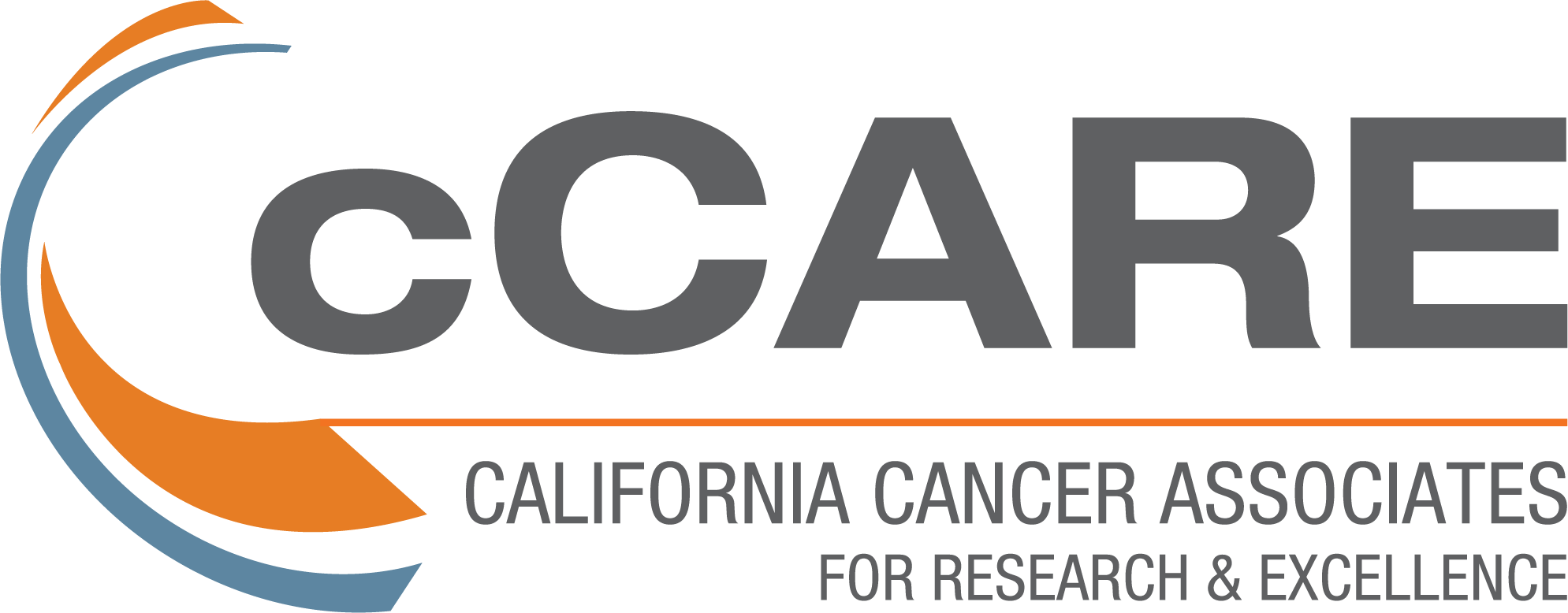One of California’s largest private groups of cancer doctors opposes initiative to force seniors to serve unknowingly as subjects for testing new ways to pay for chemotherapy
SAN DIEGO – A Medicare proposal for testing new ways to pay for drugs may jeopardize cancer patients’ health and chances of recovery, may also create two unequal classes of patients, and could further result in more patients being forced to seek costlier treatment in hospitals, says one of California’s largest private oncology practices.
California Cancer Associates for Research and Excellence (cCARE) is joining the American Society of Clinical Oncology (ASCO) and Community Oncology Alliance (COA) in their call for the Centers for Medicare and Medicaid Services (CMS) to “withdraw an experiment of this magnitude without first understanding its potential impact on patient care.”
Particularly troubling, doctors say, is that under the CMS proposal, Medicare patients will be selected at random to participate in the test, which will influence which medications they receive. They will not be aware of their participation in the program, will not have the opportunity to give their informed consent and will not have the ability to opt out.
Physicians fear that the proposal will create two classes of patients: those with access to the more advanced, often more expensive treatments, and those who may be involuntarily relegated to cheaper and sometimes older, less effective drugs.
Currently, Medicare reimburses oncologists (specialists in cancer and blood diseases) for drugs given in clinics to cancer and hematology (blood disorder) patients at a rate of the average price of each drug plus an add-on fee of 6 percent. Physician groups – which typically buy and store several weeks-worth of drugs in advance of use – must individually negotiate the drug prices they pay each manufacturer in hopes of keeping their costs within their Medicare reimbursements.
In an attempt to control rising drug costs, the CMS proposal – alongside legislative cuts – calls for reducing the add-on fee paid to doctors to less than 1 percent plus paying an additional flat fee of $16.80 per day per drug per patient. The test would begin in late 2016 and run for five years.
While the percentage reduction in add-on fees may not seem significant, said William J. Jawien, M.D., cCARE medical director, it could make medicines prohibitively more expensive than what Medicare pays doctors for them. Such losses multiplied by thousands of patients receiving the medications over time at just one medical practice means “a physician may have to choose between doing what’s best for patients and unsustainable financial losses.”
As well intentioned as the cost-control proposal may be, Dr. Jawien said, “we believe this approach is unethical and rife with flawed economics. The CMS sought to cut Medicare Part B drug reimbursements in 2005 and again in 2012, and it resulted in a major shift of cancer care to the more expensive hospital setting.”
Due to negotiating clout, hospitals are typically able to procure drugs in higher volumes at lower costs. But the net effect is an increase in treatment costs overall, according to the Community Oncology Alliance (COA), a patient advocacy and lobbying group based in Washington, D.C.
In 2004, the COA reports, independent community cancer clinics such as cCARE delivered 84 percent of chemotherapy in the United States. However, as a result of CMS’ Part B experiments, by 2014 that number had fallen to 54 percent, with the remaining treatments going to hospitals, where overall costs can be higher.
The net effect is that in 2014 alone, the COA says, taxpayers shelled out in excess of $2 billion more for chemotherapy than they would have had the site-of-service not shifted to hospitals.
“Our doctors support the laudable effort to drive down the costs of cancer care,” said Dr. Jawien. “However, this proposal is not well thought out. It will take decision making out of many patients’ hands and endanger their health, and will likely actually drive healthcare costs up rather than down.”
For more information, the Community Oncology Alliance (COA) recently issued a 33-page response to the CMS proposal.
About cCARE
California Cancer Associates for Research and Excellence, cCARE, is the largest full-service private oncology practice in California. cCARE delivers the highest quality medical oncology, chemotherapy and radiation treatments, supplemented by a large research and clinical trials program. With 10 offices in the San Diego and Fresno areas, patients receive thorough, compassionate and convenient treatment, no matter where they call home.
